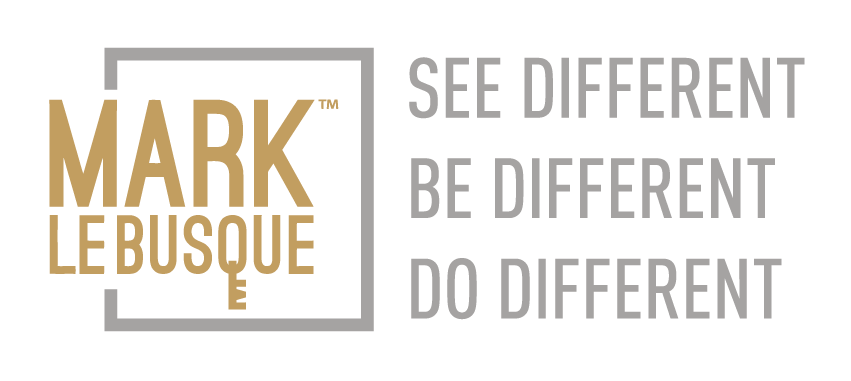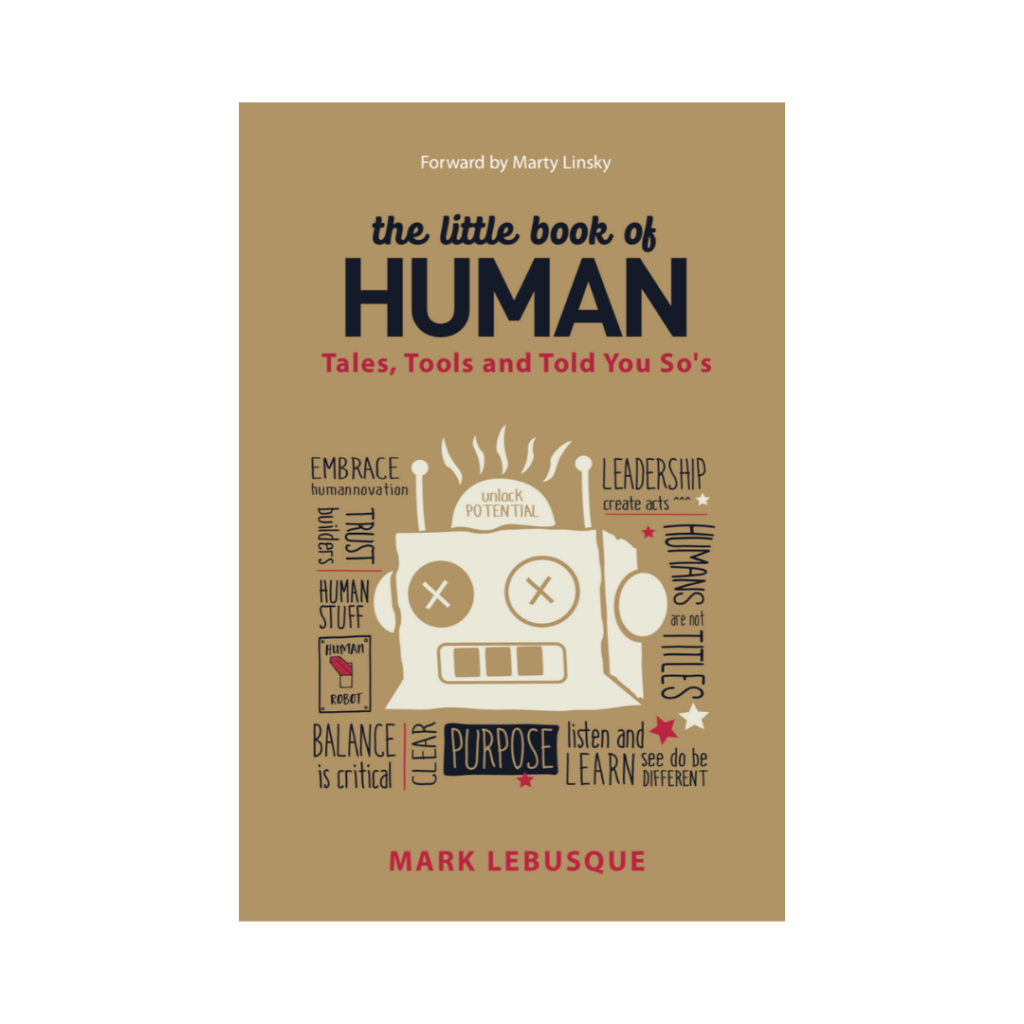Why are the words “hard” and “soft” rolled out to describe the skills that a manager needs to possess and execute to be successful in their day-to-day job? Why is it that the more technical skills, the ones usually aligned to competence and easily measured, are labelled as “hard”, whilst the more behavioural skills that are a little more subjective are labelled as “soft”?, asks Mark LeBusque
It’s possible that the term “soft skills” simply came about as an antonym to hard skills. Perhaps it reflects the “softly-softly” approach? Whatever the reason, I believe it’s a misleading term due to the other connotations of “soft” – Hugo Britt
“Why don’t we just get Mark to do all the soft, touchy-feely Kumbayah stuff? He loves all of that………”.
These comments were followed up with a fair amount of laughter within the room as well as further remarks such as “Give us a hug mate” and “Let’s get in a circle and have a group hug.”
This may have been the moment where I felt a sense of validation that had resulted from 12 months of what I call experimentation in looking to practice a more “human” approach to managing a team of people I was responsible for. The yearly staff leadership and engagement surveys were presented to our management team, and I had scored 91% for engagement, 96% for career development and 95% for leadership. Some 20 points ahead of the next manager.
So why was there such a reaction from my peers?
If I had of been at the top of the gross revenue traded KPI sheet, I’m certain that there would have been a far different response from the group. Back slapping, fist-pumping and high fives echoing out across the room of senior sales managers. Who knows, but it may even have ended up in making the Holy Grail; the CEO Club at the end of the financial year. The Top 5% of the Sales group who achieved significant revenue numbers. I wonder why there’s no CEO Club for managers who excel in driving up the “human stuff” around engagement, career development, and leadership? Maybe because it’s too soft!
So why such different responses?
Why are the words “hard” and “soft” rolled out to describe the skills that a manager needs to possess and execute to be successful in their day-to-day job? Why is it that the more technical skills, the ones usually aligned to competence and easily measured, are labelled as “hard”, whilst the more behavioural skills that are a little more subjective are labelled as “soft”?
Consider these questions in a moment of reflection.
What does labelling these skills in this way imply?
What is the broader impact by doing so?
To be human doesn’t mean being soft, hugging everyone and singing Kumbayah. That’s the old school way of looking at things. The manager who takes the path-building their human skills is hardly being ‘soft’. The human manager is being courageous, the manager taking a different pathway, going down a different fork in the road to try and bring about sustainable success in a more human way. It’s the manager who in their heart and gut knows the right thing to do and has to be prepared to “hold their nerve”, as the results of their progress are far harder to measure in the short term on a KPI sheet or Performance Management System.
I would, in fact, challenge that premise by saying that the soft stuff is the hard stuff because it’s the human stuff.
If it was soft and easy wouldn’t we all be doing it?
Tapping into the human skills means creating an environment where all humans feel that they belong, that they contribute, that they are relevant, cared for, nurtured and developed. It’s where compassion and empathy live, and you practice the art of duality – the skill to be able to hug another human and gently kick them in the backside at the same time!!
It’s a place where:
- Humans can talk about what they have enjoyed at work and achieved outside of work.
- Healthy tension is viewed as the best way to unblock blockages across teams and organisations.
- Human beings are proud to talk about who they work for.
- Continuous learning is the norm.
- The “unspoken” becomes the “spoken”.
- Courage is favoured over compliance, and that human beings are likely to put themselves at the risk of not “fitting in” to the culture of the organisation.
- Real work is done and at times “frenemies” or even “enemies” are made.
- It’s the kind of place which removes old language, challenges the status quo and leads to positive organisational change.
So, what is my conclusion?
Should we interchange the terms “soft” and “hard” with “human” to better represent the work being done by a manager? Or should we just find a better way of representing the important work necessary to achieve the very best outcome?” The answer is right in front of us and it doesn’t involve hugs and renditions of Kumbuyah.
It’s about tapping into our human skills. They’re not ‘soft’ so stop being hard-headed and move into the future of human management.





